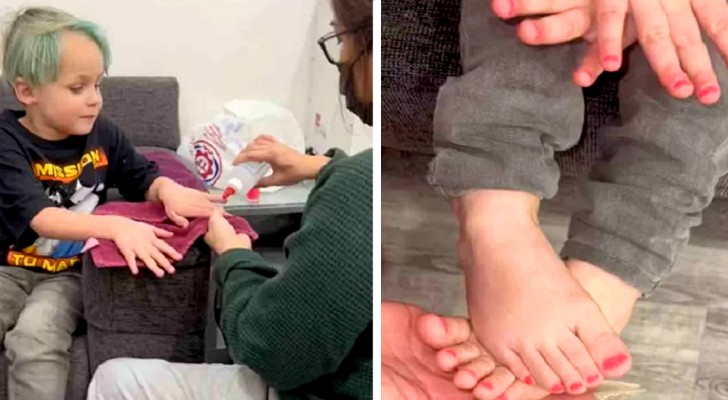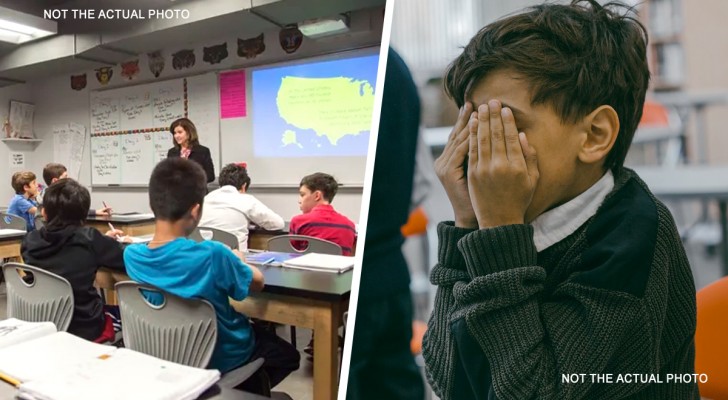Empathy is taught in Danish schools where children learn to love, laugh, and help others
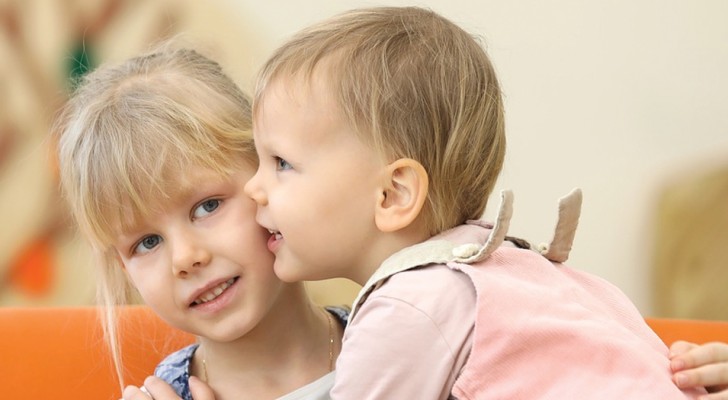
In our modern-day world, many parents find it increasingly difficult to dedicate time to parenting their children, due to stressful and hectic lifestyles that decrease the time and tranquility available to dedicate to raising children.
However, Denmark, nonetheless, continues to be thought by numerous people to still be a happy country also in regard to the quality of the relationship between children and adults.
In fact, in Denmark, one of the most important school subjects is not mathematics or geography; but rather, it is empathy, the ability to take care of others, for which children are being "trained" from an early age.
via The Atlantic
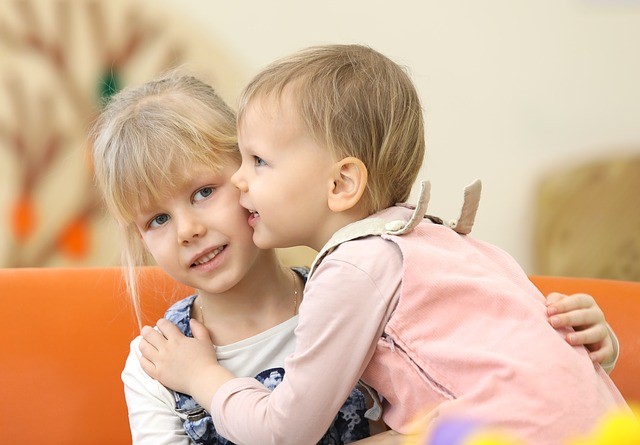
In Denmark, the general belief is that at the base of a balanced society, composed of individuals who are comfortable with themselves and with others, there is empathy.
This term, empathy, has been actually used too much in recent years, and perhaps many people have forgotten its simplest meaning which knowing how to take care of others by understanding their emotions.
What seems to be a trivial thing is actually a very rare quality and this is why Denmark wanted to focus the first years of a child's schooling, and in general the entire course of education and study, on the development of empathy on the part of young people.
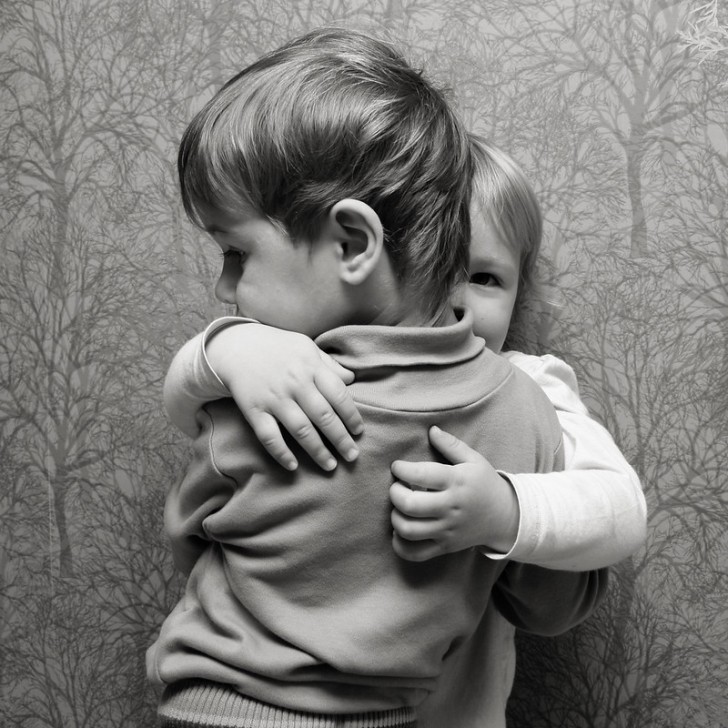
In Denmark, psychologists and teachers have found the best method to teach children empathy, which is considered to be just as important as all the other school subjects, is that for one to understand and respect the emotions of others, one must first know and identify one's own.
Exercises such as giving a grade from 1 to 10 to express the intensity of an emotion you feel, or give a name to facial expressions drawn on a card, are used to teach children to become aware of different emotions.
Once you learn how to recognize what you feel and, in a second moment, describe it in words, it becomes much easier to recognize the emotions and moods of others.
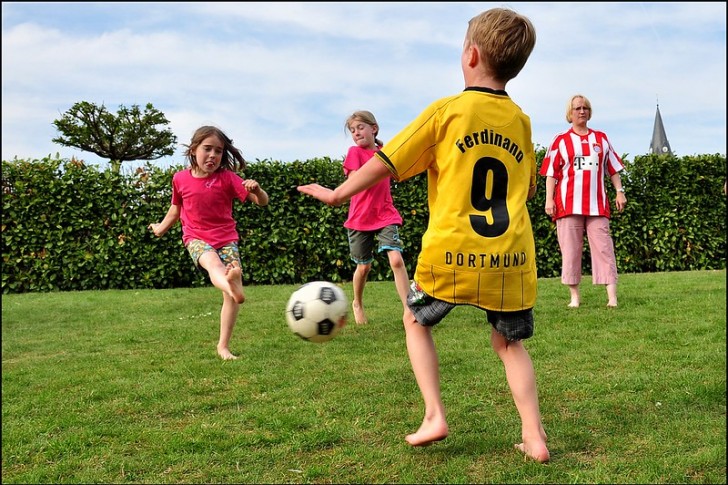
Fundamental in the approach to empathy is the cooperation between children.
In Danish schools, the example is given of how a hyperactive and a more sedentary child can find benefit in spending time together, as well as for a student who is very good at mathematics, it is useful that he or she studies together with a student who is excellent in geography. Diversity is a motivation for improvement, not division.
Accustoming children to accepting their own moods, to understanding their emotions, and to accept with equal respect those of others is a prerequisite for forming a balanced society.
By not doing so means encouraging dramatic phenomena such as bullying, which not surprisingly is rampant where the schooling method focuses on rewarding the best students, to the detriment of all the others.

